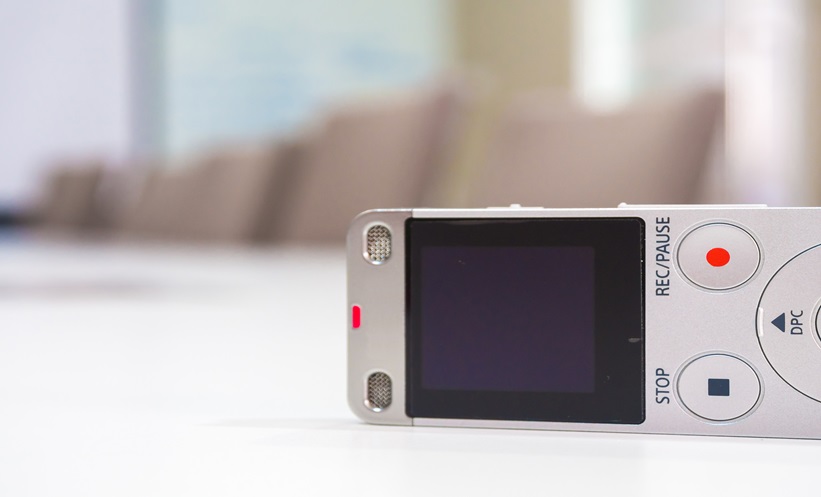A NOVEL automated speech analysis platform has been developed to test for minimal hepatic encephalopathy (MHE) and to predict overt HE (OHE) in patients with cirrhosis.
In a two-centre prospective cohort study, 200 patients with cirrhosis and 50 healthy controls were enrolled, a median age of 63, and 49.5% female participants. Baseline speech recordings were collected, and participants underwent the Psychometric HE Score (PHES) test to diagnose MHE. Over 750 speech features, covering acoustic, lexical, and semantic variables, were extracted and analysed. Patients were followed for six months to track the development of OHE. More than 100 speech variables significantly correlated with PHES after statistical adjustment. A model incorporating three speech variables, two related to acoustics and one to speech tempo, performed similarly to the animal naming test in identifying MHE (AUC: 0.76 versus 0.69; p=0.11). Adding patient age and MELD-Na score improved the accuracy (AUC: 0.82). The combined clinical-speech model, termed the “HEAR-MHE model,” predicted the development of OHE with a concordance of 0.74 (p=0.06).
These findings suggest that automated speech analysis correlates well with traditional HE tests, can identify MHE, and may predict future OHE. Therefore, this strategy shows promise as a non-invasive, accessible approach to diagnosing and monitoring HE progression in patients with cirrhosis. Future research should focus on further validating the model and exploring how speech analysis can be integrated into routine care to improve early detection and management of HE, potentially enhancing patient outcomes and quality of life.
Katrina Thornber, EMJ
Reference
Bloom PP et al. HEAR-MHE study: Automated speech analysis identifies minimal hepatic encephalopathy and may predict future overt hepatic encephalopathy. Hepatology. 2024;DOI:10.1097/HEP.0000000000001086.








